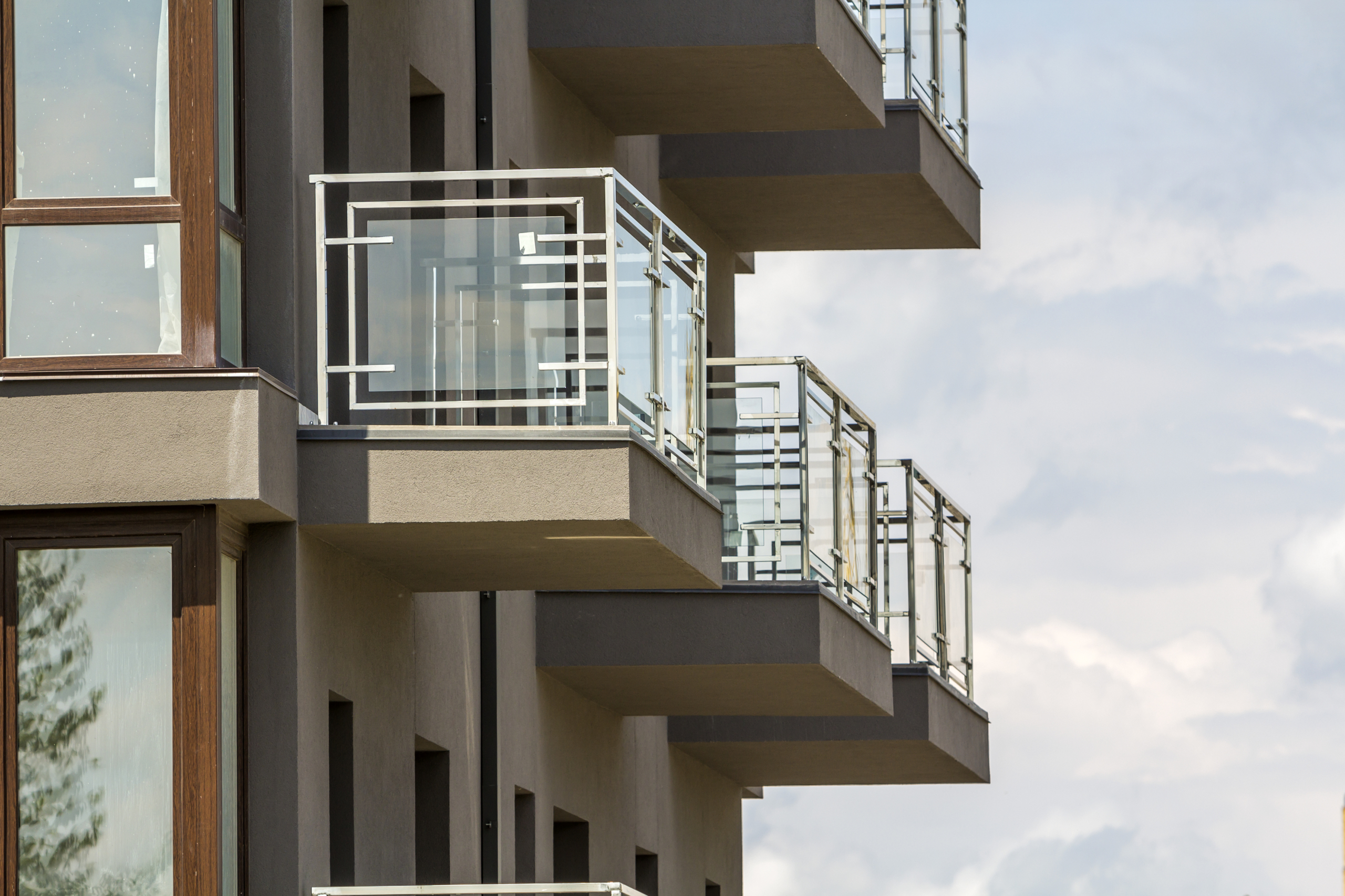A complete guide to getting started with multifamily investment properties: how to manage, increase profit and maintain your property.
Real estate investors recommend investing in multifamily real estate instead of several single-family homes if you have the budget for it. If you are considering investing in real estate, consider going for a duplex instead of two single-family rental properties; and if your means allow, go for a larger multi-family property that will allow you to hire a property manager so you don’t have to be involved in the day to day management.
Multifamily properties are a more stable investment because of the sheer strength in numbers of the proposition: if you have 6 apartments rented and one tenant leaves, you will still be getting rent from 5. Your income takes a dip, but it is not dramatic. However, if you only have one property and your tenant leaves, your income will drop to zero while you find a new one – and maintenance, tax, and other expenses will still need payment.
That said, multifamily properties have their different challenges: larger, unfamiliar equipment you can no longer DIY or tinker with, issues between tenants or over shared spaces and amenities, more rent to collect may mean more issues with late payments. All in all, the financial rewards definitely compensate for the additional expenses, work, and risks, and this is a highly recommended real estate investment.
Let’s go over the basics of investing in multifamily properties.
Multifamily Real Estate Investing
Single-family properties are a good starting point for real estate investors, but multifamily property is a better type of investment. Consider a duplex: you could be the owner, occupying one of the homes, and still have one house to rent.
The more individual properties are involved, the better your chance to get lower interest rates, since banks consider multi-family properties to be a lower risk investment. This is because even if a few tenants leave, there will still be cash flow from the remaining ones, meaning the property will tend to be solvent in the long term.
Are you familiar with asset class grades? This system is used to classify multifamily properties according to their quality, comforts, and price, and the range goes from Asset class A to Asset class D. Asset class A are luxury high-end properties, which command the highest rents (but are also the hardest to find quality tenants for), and asset class D are the bottom of the barrel – steer away from these properties unless you’re willing to make a big investment to turn them around.
When choosing a property, experts recommend buying those in asset class B and C, since they are easier to rent and more resilient in case of recession or an economic downturn. The middle classes, B and C, appeal to a wide range of tenants, and may even help you qualify for the LIHTC, or Low-Income Housing Tax Credit, a tax break for owners and developers of affordable housing.
Another reason why multifamily properties are preferred is their easy scalability: if you want to buy 4 houses to rent you can do your due diligence on 4 separate properties, deal with 4 different owners, negotiate 4 prices, make 4 offers… or you can do it just once, for one property with 4 units in it. And if instead of 4 you’re thinking of a larger number, then you have all the more reason to look for a single property and point of contact.
Hiring a Management Company
If you have 4 or more properties, managing them will probably take up all of your time, between maintenance, tenant relationships, repairs, rent collecting, and all the myriad jobs involved in managing rental properties. If this is not how you wish to spend your time, it’s the perfect opportunity to hire a multifamily property management company to take care of it for you.
While you may think property management is a luxury or a frivolous expense, it is in fact a smart investment, that will not only free your time but may in fact increase your income and the value of your property. A good property manager will help you set the best prices to maximize your income and fill your units, look after preventative maintenance to keep your building and appliances working for longer, and manage tenant relationships to ensure long tenancies and good reviews.

Maintenance
Preventative maintenance is one of our crusades, and we will never be able to recommend it enough. Basic maintenance is changing a light bulb when it burns out; preventative maintenance is having spare light bulbs ready because you know when they’ll need to be changed, based on when they were purchased.
Basic maintenance is checking the HVAC filters and changing them if needed. Preventative maintenance is having an expert come a few times a year to take a look at the machinery and ductwork, inspect sensors and moving parts, and make sure everything is running smoothly.
While preventative maintenance requires more effort and is a little more expensive, the savings are worth it. Preventative maintenance drastically reduces the number and severity of repairs required, extends the life of your buildings and equipment, and makes tenants feel secure and looked after.
Increasing Profit and Passive Income
Finally, let’s talk about money. You know there are two basic ways to increase your rental profit: raise rent and decrease expenses.
In order to raise the rent, you need to make sure your property is in excellent condition and that you are giving great customer service to your tenants, so they will be eager to stay even if prices increase. A professional property manager will know the market, the area, and the going rates, and will be able to advise you on what the right rental price is to maximize your income.
When it comes to decreasing expenses, preventative maintenance, and hiring a property manager are two good ways to make sure you get the most out of your building. Look into energy- and water-saving ideas (solar panels, drought-friendly landscaping), apply for a tax cut if you are able to, and make efforts to keep your tenants for the length of their contract and signing extensions.




